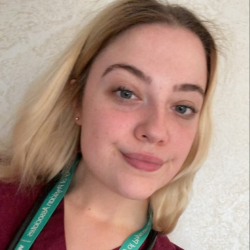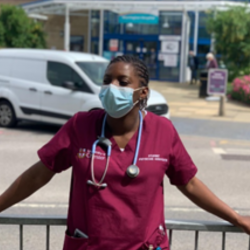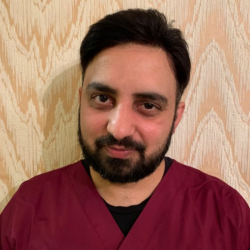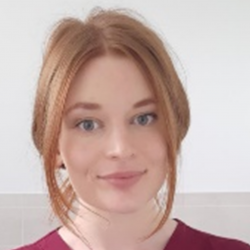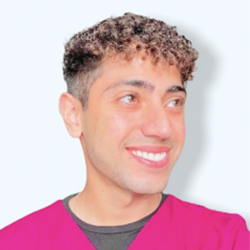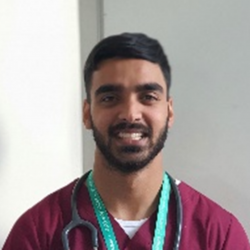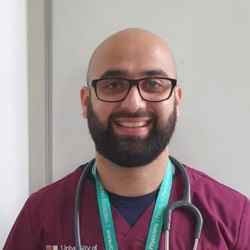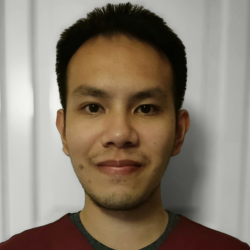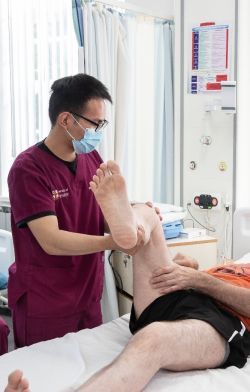 As part of Physician Associate Week, second-year MSc Physician Associate Studies University of Chester student, Franz Arnedo, discusses the important role of the 6Cs in this exciting new healthcare profession and how it has helped in his personal development.
As part of Physician Associate Week, second-year MSc Physician Associate Studies University of Chester student, Franz Arnedo, discusses the important role of the 6Cs in this exciting new healthcare profession and how it has helped in his personal development.
Since being at Warrington Hospital for the last year, I have bolstered my understanding of the importance of the 6Cs after interacting with various patients and members of staff. The 6Cs are a set of traits that the NHS perfectly summarises and insists each healthcare professional should possess to provide high-quality care.
‘The 6Cs provide a set of values for all health and social care staff and help to ensure that everyone is working towards the same common goal. Following the 6Cs provides patients with high quality care and should be the cornerstone of all health and social work.’ (Collier, 2020)
Care
Patients rely on us to provide them with the best possible care, and it is our responsibility to be considerate and always work in their best interest.
Whenever I talk to patients, I try to gain as much vital information as I can regarding their presenting complaint and associated symptoms. I would then present and discuss my findings with the doctors, clinical practitioners, and Physician Associates to help contribute to their management.
Compassion
Compassion is about treating people with kindness at every interaction, and it is also important to empathise with the difficulties they are going through and to be able to provide emotional and medical support.
Competence
Importantly, I would learn how to improve taking histories, carrying out examinations and various procedures from the doctors and Physician Associates. Then, I would practise these skills myself and discuss my findings with the appropriate investigations and management because I will eventually be in a position to help facilitate their care.
To continue my personal development, I have also taken the initiative to complete extra online training whilst bearing in mind to apply the knowledge and experience gained from previous placements.
Communication
As a Physician Associate student, I was able to listen to and understand patients’ concerns and transfer their valuable information consistently to doctors and Physician Associates to ensure that we can assess and provide the most appropriate care.
Courage
Courage is important to make sure that everyone gets the quality of care that they deserve, and it means putting the patient first and being brave enough to report when something is wrong.
Commitment
All the above values can only be achieved by showing commitment to our patients by making their care our priority. During placements, it was encouraging to see how the 6Cs were applied by Physician Associates and other healthcare professionals, especially during these challenging times, and this experience has motivated me to work towards acquiring the values of the 6Cs.
As students, we were able to show our commitment by putting in the required hours and completing our portfolio to develop as clinicians. However, it is important to remember the portfolio should not be taken as a personal achievement but rather a testimony that we are working towards acquiring the values of the 6Cs.
As Physician Associate students, we should take responsibility to continue the good work of Physician Associates by being excellent role models and flying the flag, which will be an essential step towards making this new role a household name in the NHS in the years ahead.
References
Collier, E. (2020, August 12). What are the 6Cs in Care? | Compassion in Practice. Retrieved from The Hub | High Speed
Training website: https://www.highspeedtraining.co.uk/hub/what-are-the-six-cs/

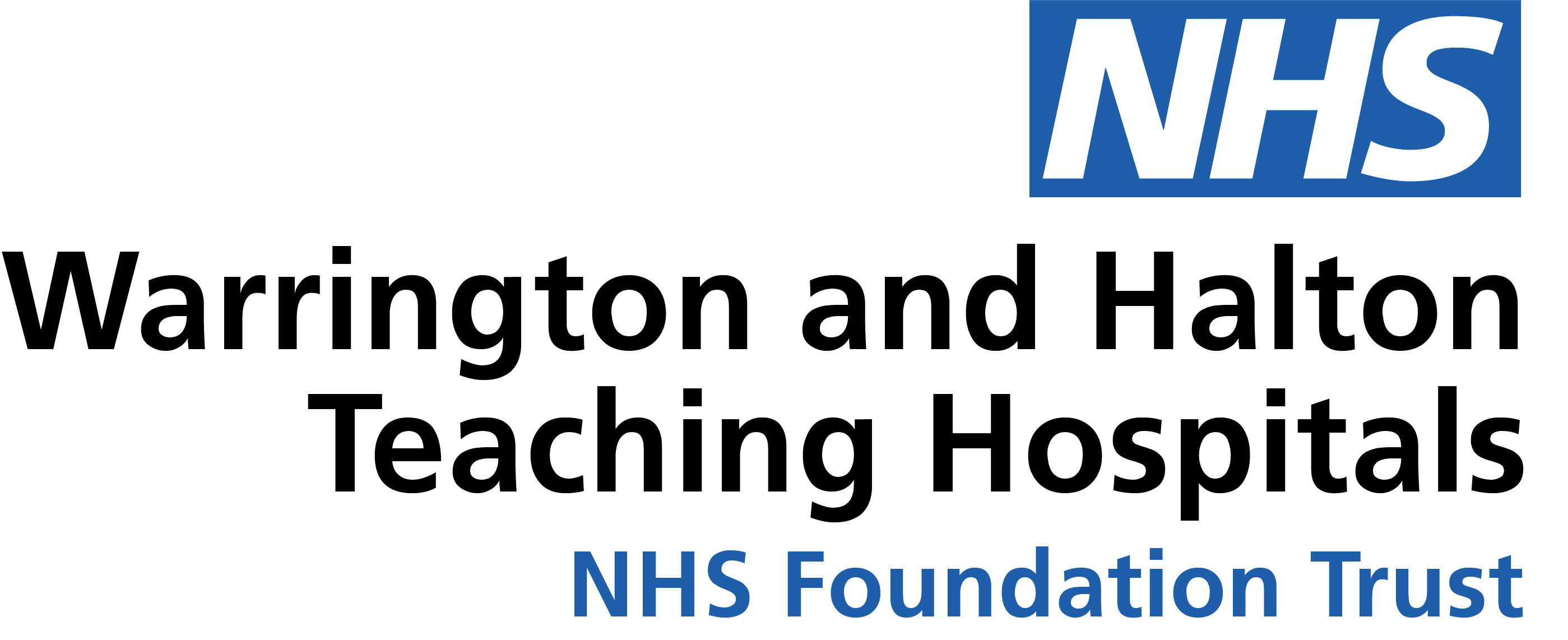

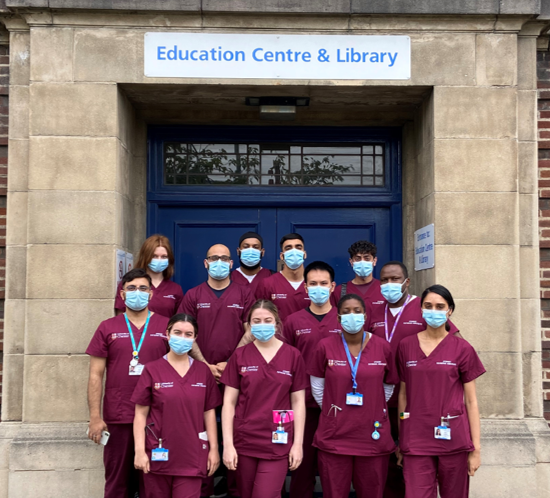
 As part of Physician Associate Week, second-year MSc Physician Associate Studies University of Chester student, Franz Arnedo, discusses the important role of the 6Cs in this exciting new healthcare profession and how it has helped in his personal development.
As part of Physician Associate Week, second-year MSc Physician Associate Studies University of Chester student, Franz Arnedo, discusses the important role of the 6Cs in this exciting new healthcare profession and how it has helped in his personal development.